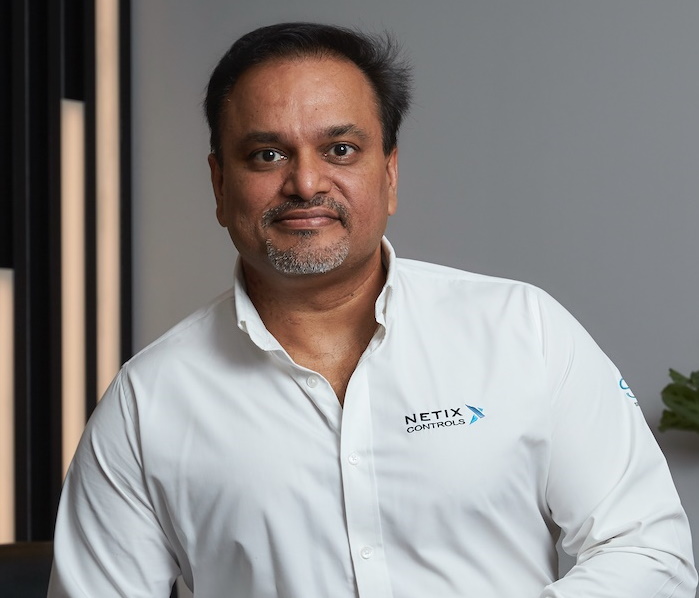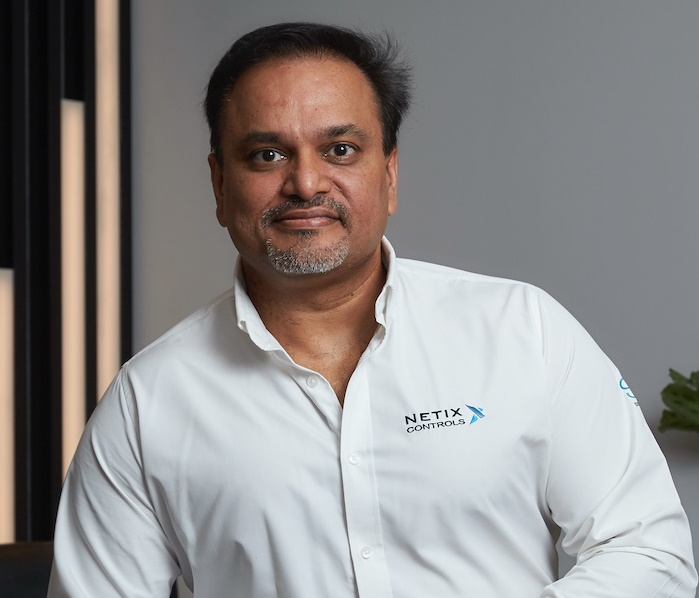
IoT and AI adoption in old buildings pivotal for Saudi’s Net-zero Emissions 2060
Today, sustainability cannot be decoupled from any economic sector. And knowledge-driven nations such as the KSA, despite deep-rooted reliance on fossil fuels, are increasingly revamping their growth strategies for a common cause of addressing the carbon footprint. Most importantly, policymakers are acutely aware of the scale of climate actions needed to create sustainable outcomes. Accordingly, the Kingdom, as part of its Vision 2030, has taken concrete measures, some of which are directed toward the real estate sector. The launch of Mostadam, a green building rating system, is a good case in point. If a comprehensive study is anything to go by, such resounding measures are as essential as they are timely today.
The Taif University study revealed that buildings account for about 40% of Saudi’s energy consumption. It follows that such an energy footprint accompanies GHG emissions. However, it is a tall order to identify which building’s energy consumption is excessive and disproportionate, let alone that of individual systems. Putting things in perspective, the same study revealed that more than 55% of Saudi residents live in buildings. For smart city solutions providers such as NETIX.AI, this scenario is ripe for IoT and AI adoption. CEO Sanjeevv Bhatia delved deeper into the specifics.

What is the general perception toward buildings’ sustainability? What is the take of IoT and AI solutions providers?
Globally, the consensus for sustainability in real estate has never been more apparent than it is today. We bear first-hand witness to this as stakeholders reach out for actionable solutions. Previously, only solution providers were aware of the utility of IoT and AI in addressing inefficiencies and optimizing energy usage in buildings. The awareness is now exuded by all quarters, as evident from the launch of resounding measures such as the Mostadam Rating System. We have taken it upon ourselves to empower discerning stakeholders translate their awareness into action.
What were/are hindering sustainability in buildings?
Real estate stakeholders previously harboured a misconception that efficiency-led interventions are expensive. We are showing that interventions can not only be inexpensive but also save up to 50% in OpEx and 20% in energy. So, from a financial standpoint, adopting IoT and AI solutions in buildings is feasible. Most importantly, such transformations are achievable in old buildings without overhauling the existing automation and management systems (BMS/BAS). IoT and AI-based smart retrofits can be seamlessly implemented on such legacy systems, and multi-fold value can be unlocked. In KSA, where a majority of people live in multi-family buildings, such possibilities have great implications for net-zero emission targets.
What are the probable outcomes of IoT and AI-based retrofits in old buildings?
Old buildings characterize legacy BAS/BMS, unchecked energy utilization, inefficient operations, and high OpEx. IoT and AI can seamlessly integrate siloed legacy systems, enable data-driven operations, and provide actionable insights related to inefficiencies and energy utilization in real-time. The centralized, cloud-enabled operations serve as a single source of truth, enabling owners/operators to take proactive corrective actions. Subsequently, they can benchmark optimal performances and energy consumption, continually monitor for anomalies, and get certified by systems such as Mostadam and LEED. The unlocked savings, resources and time can be channelled to create better experiences for end users/tenants. Such a building portfolio is future-ready by virtue of IoT-enabled programmability and interoperability, which allow seamless addition of new technologies as and when they emerge.
How is the response to IoT and AI-based building solutions in KSA and the larger Middle East? What are NETIX.AI’s plans for the region in 2023?
The appetite for innovation — which can be witnessed in growth economies across the Middle East — and the exemplary precedents set by some of the leading regional real estate developers are driving the uptake of IoT and AI-based building solutions. That said, lingering hesitancies are holding the sector back from making headway in sustainable transformation. The net-zero targets necessitate large-scale retrofitting of old buildings. To that end, we recently launched a Sustainability Funding Model for the Middle East, in partnership with Genesis, one of the largest funds in Europe. The model is aimed at fully funding the IoT and AI-led BAS upgrades in old buildings, thereby incentivizing owners to sidestep hesitancies and embrace sustainability.
We believe 2023 will be an inflection point in the Middle East’s sustainability trajectory — a point where awareness and consensus translate to visible positive outcomes. NETIX.AI, with its transnational industry experience, market-specific insights and future-ready technologies, will be a catalyst for this shift.


























